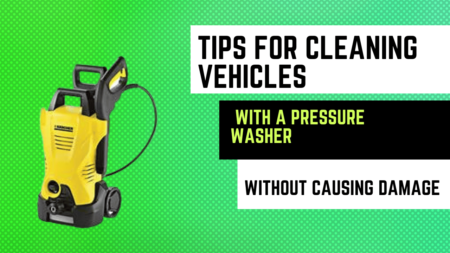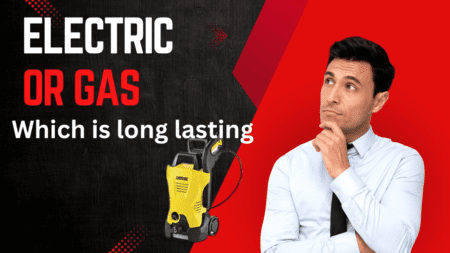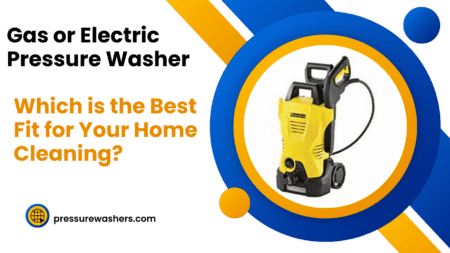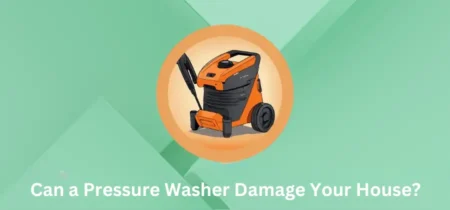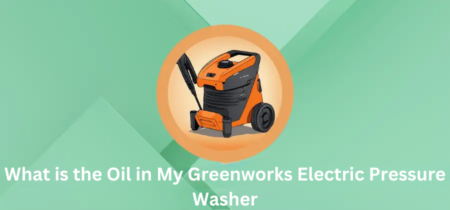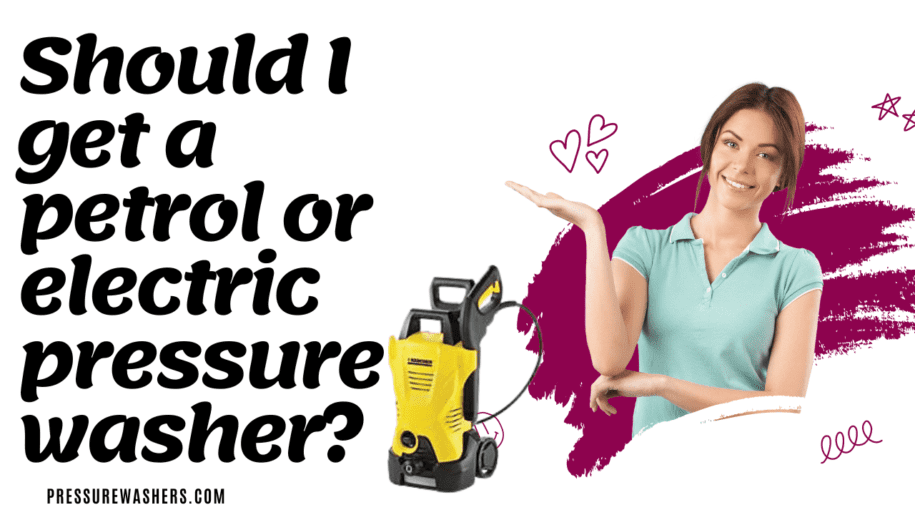
Petrol vs. Electric Pressure Washers- Which is Right for You?
Maintaining the exterior of your home, garden, or vehicle’s cleanliness can feel like a relentless battle against grime and weathering elements. Enter the pressure washer, a powerful cleaning tool that can transform hours of scrubbing into just a few minutes of high-pressure bliss. However, standing in front of a myriad of options, there lies a critical decision to be made – petrol or electric pressure washers – and the choice is more than just a battle of the power sources.
In this comprehensive guide, we’ll dissect both types of pressure washers to help you make an informed decision. Whether you’re a homeowner looking to amp up your spring cleaning routine or a gardener in need of a versatile tool, understanding the nuances between petrol and electric pressure washers is essential to making the right investment.
What’s the Difference?
Before we compare the two, it’s crucial to understand the fundamental distinction between petrol and electric pressure washers.
- Petrol Pressure Washers: These powerhouses are equipped with gasoline engines, offering robust cleaning capabilities. Typically, petrol pressure washers are heavier, louder, and require more maintenance.
- Electric Pressure Washers: With an electric motor driving the pump, electric pressure washers are lighter, more compact, and quieter than their petrol counterparts. They also tend to be more accessible for first-time users and require less maintenance.
Why Go Petrol?
Petrol pressure washers are the go-to choice for heavy-duty cleaning tasks. Their ability to produce higher pressure and flow rates makes them ideal for cleaning large areas like driveways, pathways, and decks. The mobility factor—no cords or limited range—also makes petrol pressure washers the top pick for outdoor cleaning where finding power outlets can be a challenge.
Additionally, if you’re a professional who needs a heavy-duty machine for frequent use or operates in remote locations, the petrol pressure washer may be the only real option to ensure consistent power and thorough cleaning results.
When to Choose Electric?
Electric pressure washers are incredibly versatile, efficient, and environmentally friendly. They’re perfect for light to medium-duty tasks, including washing cars, furniture, fences, and outdoor equipment. Their easier operation and maintenance make them an excellent choice for beginners or those who want a no-fuss cleaning tool.
For the eco-conscious and noise-sensitive individuals, electric pressure washers tick the boxes for being quieter in operation and having zero emissions during use. They’re also typically more affordable, making them a popular choice for homeowners who value a cleaner, quieter, and more convenient cleaning experience.
Comparing Performance and Power
The power output of a pressure washer is a critical factor in its cleaning ability. It is measured in pounds per square inch (PSI) which determines the pressure strength, and gallons per minute (GPM) which calculates the water flow rate.
- Petrol Washers: On average, petrol pressure washers have a higher PSI and GPM, providing more power to tackle stubborn stains and heavy soiling. This makes them the preferred choice for commercial use and larger cleaning jobs that require speed and efficiency.
- Electric Washers: Electric pressure washers offer a range of pressure options that are typically lower than petrol washers but still sufficient for most household tasks. They can vary from gentle caress for delicate surfaces to substantial power for normal house cleaning.
When you’re comparing performance, it’s crucial to think about your needs. High-pressure comes at the cost of more water usage, so an electric pressure washer with a suitable GPM might be more economical if water conservation is a concern.
Environmental Impact
In today’s environmentally conscious world, the conversation around the environmental impact of our tools is more pertinent than ever. Pressure washers, with their water usage and potential for using harmful cleaning solutions, are no exception.
- Petrol Washers: While petrol pressure washers can be more powerful, they also contribute to noise and air pollution. They require gasoline, an environmentally contentious fuel, that can lead to emissions. Users should handle petrol pressure washers with care and consider the ecological implications, especially in more urban or regulated environments.
- Electric Washers: Electric pressure washers offer a greener alternative with lower noise levels and no direct emissions. Their use of electricity may still indirectly contribute to emissions if the electricity in your area is not from a sustainable source, but in general, they are a more environmentally friendly option.
If reducing your carbon footprint is a priority, the electric pressure washer is a clear choice. However, understanding and optimizing the power sources for your electric units is still an area where eco-conscious consumers can make a difference.
Mobility and Portability
The convenience of a pressure washer often hinges on its ease of use and the flexibility it provides for reaching different parts of your property.
- Petrol Washers: The absence of cords and the ability to operate without an electrical outlet makes petrol pressure washers highly mobile. They can go anywhere, allowing you to clean even the most remote sections of your property.
- Electric Washers: Electric pressure washers are much lighter and more portable due to the absence of a gasoline engine. They are highly maneuverable and can often feature wheels for easy transport, making them great for users who plan to move the washer around their property or to various job sites.
For larger properties or individuals working in landscaping or construction, the mobility of a petrol washer can’t be beaten. However, for the average homeowner or someone who values portability and ease of handling, an electric washer could be the better option.
Usability and Maintenance
The practicality of operating and maintaining your pressure washer plays a significant role in your overall satisfaction with the product.
- Petrol Washers: Operation might require a bit more experience or at least a willingness to read through the instructions thoroughly. Maintenance, including oil changes, spark plug replacements, and the care of the fuel system, can also be more involved.
- Electric Washers: Designed with ease of use in mind, electric pressure washers generally have simpler operations. They are often described as ‘plug and play’. Maintenance typically involves securing any loose parts, ensuring all connections are tight, and occasionally cleaning or replacing the inlet water filter.
For those who prefer a hassle-free experience, electric pressure washers are less intimidating and more user-friendly. They are recommended for daily or regular use, given their low maintenance requirements.
The Bottom Line
When it comes to choosing between a petrol and electric pressure washer, there is no one-size-fits-all answer. The perfect washer is the one that suits your individual needs, preferences, and budget.
Go for a Petrol Pressure Washer If…
- You require high pressure and a large flow rate for extensive cleaning jobs.
- You work in remote areas without electricity access.
- Your applications are commercial or involve industrial cleaning tasks.
- You are comfortable with regular maintenance and care associated with petrol engines.
Opt for an Electric Pressure Washer If…
- You need a versatile tool that can handle a wide range of household and garden tasks.
- Noise and air pollution are concerns for your area or personal preference.
- You are a beginner or value the simplicity of operation and low maintenance.
- You will be using the pressure washer close to an electricity source most of the time.
Remember, both petrol and electric pressure washers have their strengths and limitations. Consider the frequency and types of cleaning tasks you’ll be undertaking, the specific surfaces you’ll be cleaning, and your environmental and noise considerations before making your choice.
In the end, the right pressure washer is the one that can effortlessly restore the shine to your outdoor spaces, complementing your lifestyle and personal ethics. Whether you opt for the robust power of a petrol engine or the eco-friendly convenience of an electric motor, a clean start is just a spray away.
